You are a hunter. You are a Nebraska hunter.
Your thoughts are now drifting toward cool, crisp mornings, falling leaves and maybe a bit of snow cover on the ground.
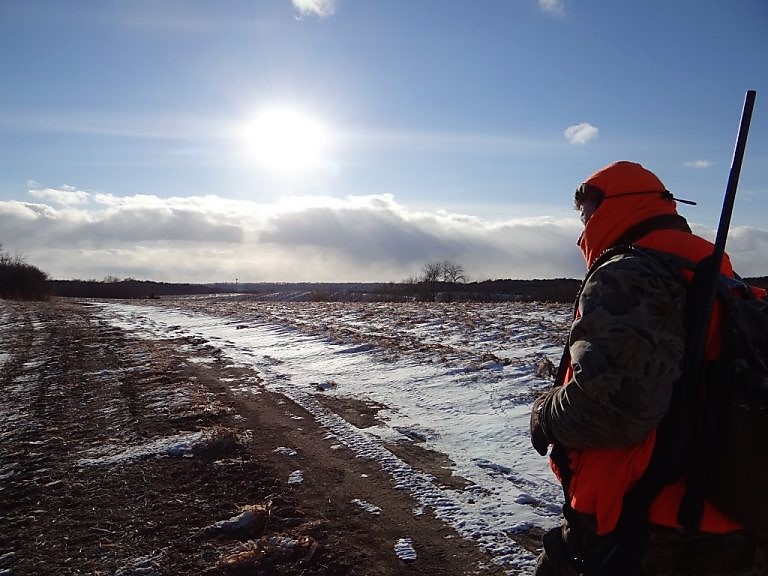
You can picture yourself throwing out teal duck decoys on warm, early September morning in your favorite wetland.
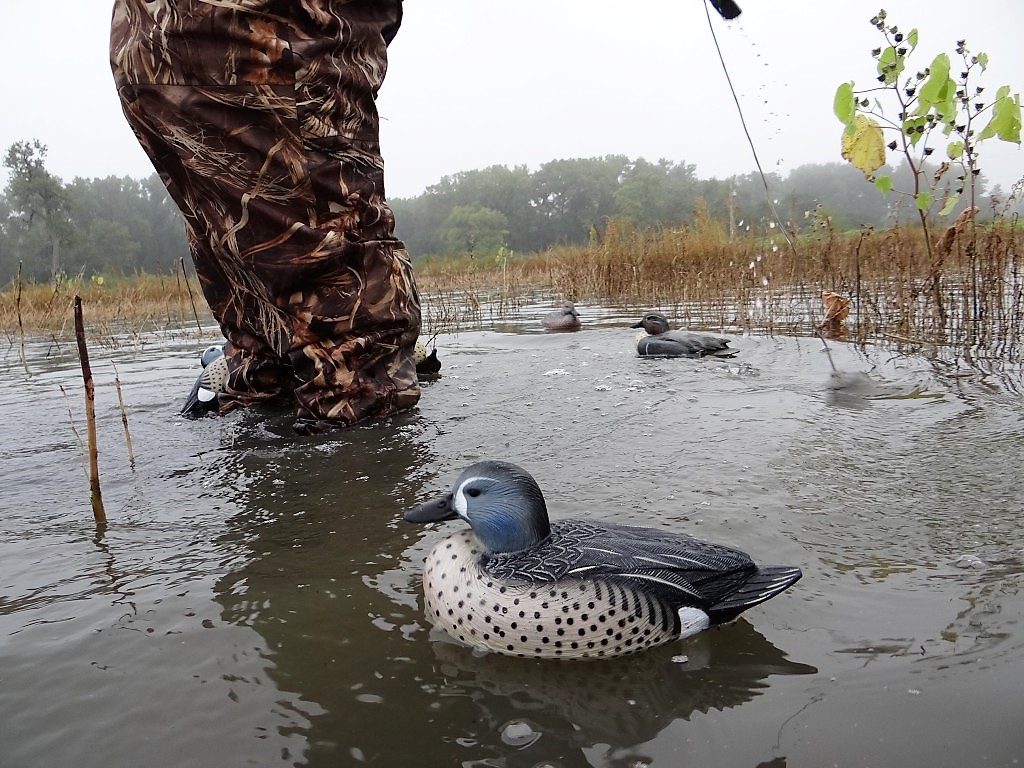
You have been spending some time on the target range practicing with your firearm or bow. You have been down the aisles at nearby sporting goods stores perusing the latest hunting clothing and equipment. But even with some tasks done, there’s more to do in the domain of hunting than just daydreaming about active game animals and birds.
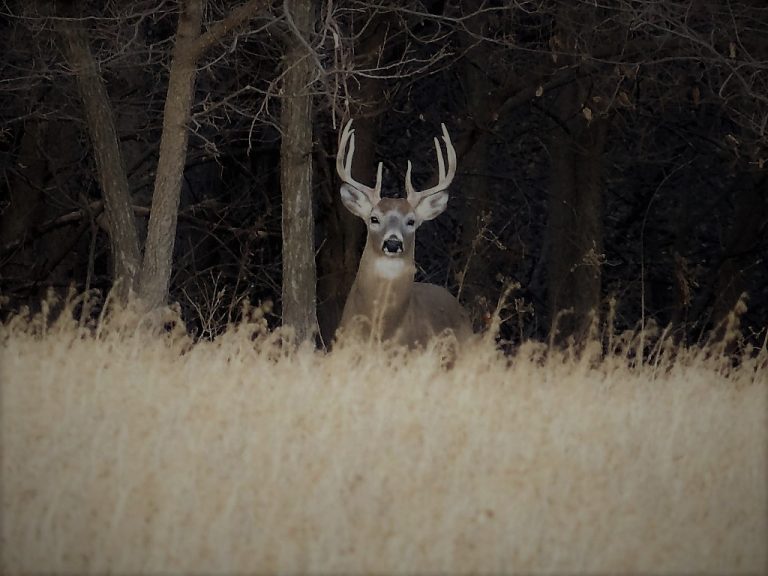
This is the time to sweat, literally and otherwise. It is actually the time to sweat the small stuff of your upcoming fall hunts.
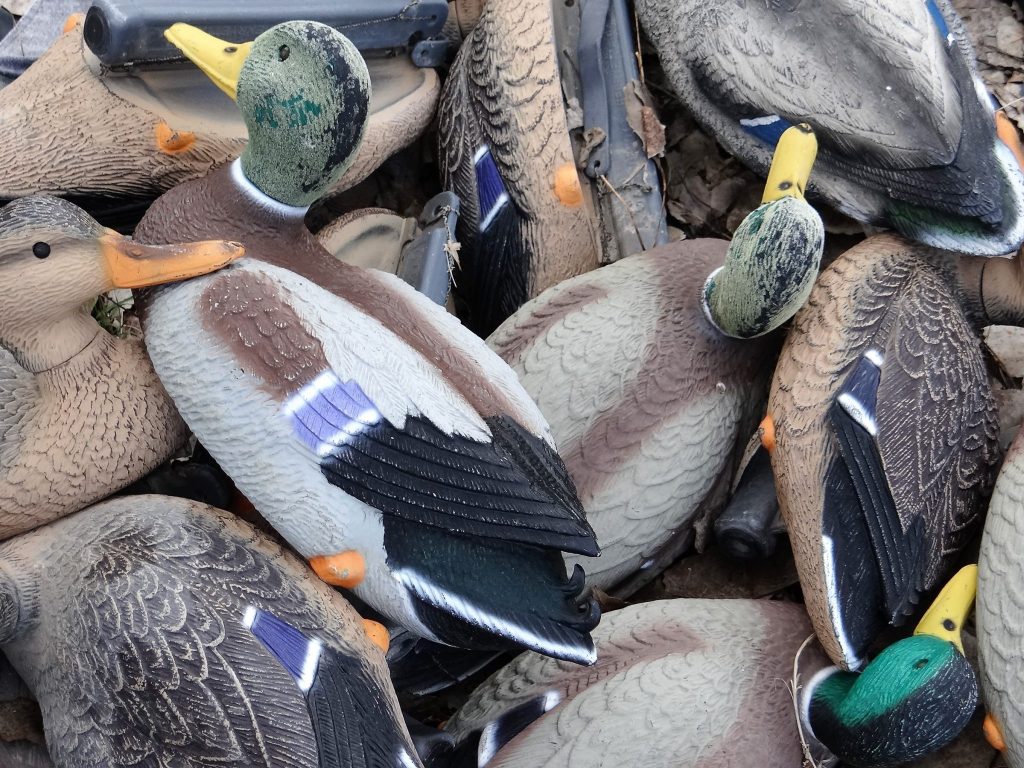
That way you can avoid the haste and franticness of sorting gear and packing the night before your big, opening morning. You know what I mean … Those little, but important things that have a way of piling up quickly in the days before hunting season openers. It is time to do your homework.
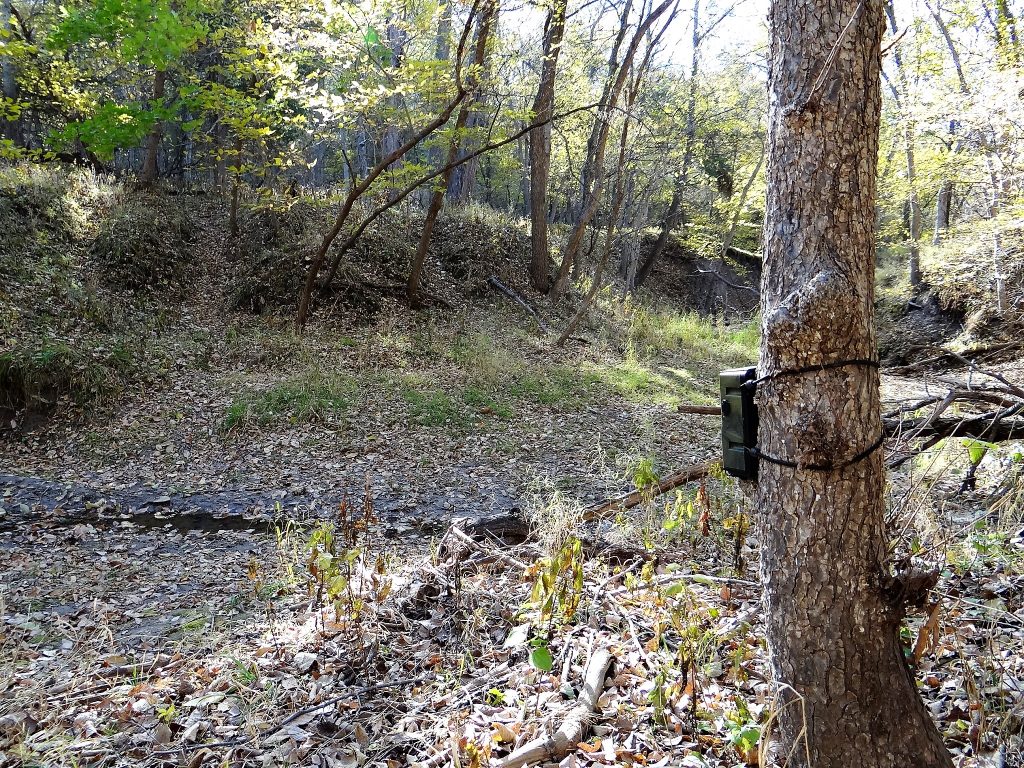
So, I sat down, put fingers to my computer keyboard and developed this handy, but extensive checklist for you to use to make certain that you are fully prepared when your Nebraska hunting season arrives:
____Purchase required permits and stamps and acquire other mandatory items for your hunt (e.g. H.I.P. number for hunting doves, ducks and geese, free East Zone grouse hunting permit, state park entry permit).
____Read over the current laws and regulations that apply to the game animals or birds you plan to hunt. Put the local conservation officer’s phone number and Nebraska Wildlife Crimestoppers phone number in your Smartphone or iPhone: 1.800.742.7627
____Learn about fun, new hunting challenges such as the new Game and Parks Upland Slam for Nebraska hunters.
____Book lodging and camping reservations. For state park areas, logon to OutdoorNebraska.org
____Check hunter education requirements for young hunters, and then make plans for them and you to successfully complete a firearm or bow hunter education course together.
____Visit the landowner where you hunt. Make certain that you still have permission to hunt and part of their land hasn’t been sold or leased. Bring a gift or offer to assist them with some farm/ranch chores or the fall harvest.
____Begin to scout your hunting land and note where certain crops are planted and cattle or other livestock are grazing. Highlight any changes with the habitat or landscape. Put up trail/game cameras and start monitoring them.
____Make the necessary repairs to treestands, box blinds, trailer blinds, etc. Clean/touch-up decoys and patch waders. Trim tree limbs/branches or brush for shooting lanes. Mow or weed-whack deer/game trails.
____Have your ATV or UTV serviced. Opening weekend is not the time to find out the machine won’t start.
____Plant fall food plots on private lands where allowed and when the timing is right. Crops such as wheat, oats, rye, clover, turnips and brassicas like rape are commonly planted.
____Touch base with local butcher shops that process deer. Find out their contact information, hours of operation and involvement in the Nebraska Hunters Helping the Hungry program.
____Get a physical examination by your doctor if haven’t had one lately. Schedule your hunting dog for a pre-season check up with your veterinarian. Become acclimated to the weather for early season hunting. You and your hunting dog both should start a fitness regimen and stick to it.
____Practice shooting as much as possible. Just as with our physical conditioning, we also need to maintain our shooting abilities. A lot of hunters shoot their firearms and bows only 2 or 3 times a year and that may not be enough. Our duty as a hunter is to make an effective shot for a quick, humane kill.
____Wash all of your hunting clothes in unscented soap and store it in a plastic bag.
____Break in any new hunting boots.
____Assemble all your gear, examine it, clean it and repair or replace any things that are worn-out or broken. Carefully inspect fall restraint systems that are utilized from elevated deer hunting positions.
____Arrange time off work for crucial dates like opening days, weekends, weeks, or the peak of the deer rut.
____Put fresh batteries in head lamps, flashlights, cameras, GPS units, etc.
____Assemble a small, lightweight survival kit to include such things as a multitool, lighter and fire starting materials, water, high-energy snacks, emergency space blanket and some rope or cord.
____Buy new scent supplies for deer hunting.
____Look into downloading fresh, new apps on your mobile device to get up-to-date, detailed maps of your hunting areas.
____Review your compass. map and GPS interpreting skills. If your mobile device or GPS stopped working, could you navigate out of a remote location like the Nebraska sandhills with a compass and a topo map?
____Sharpen your field-dressing knives.
____As a hunter, there is an endless supply of miscellaneous items you can take to the field. Some are necessary, others make the experience more comfortable or efficient. This category is only limited by your needs and desires. What are yours? Some of mine are binoculars, range finder, wind-checking device, folding saw, rubber gloves and hand warmers.
____Put all your hunting gear in one, easily accessible place, such as a large plastic or wooden storage box. Better yet, arrange it neatly in your hunting packs.
Okay, now you can go back to indulging in your daydreams.
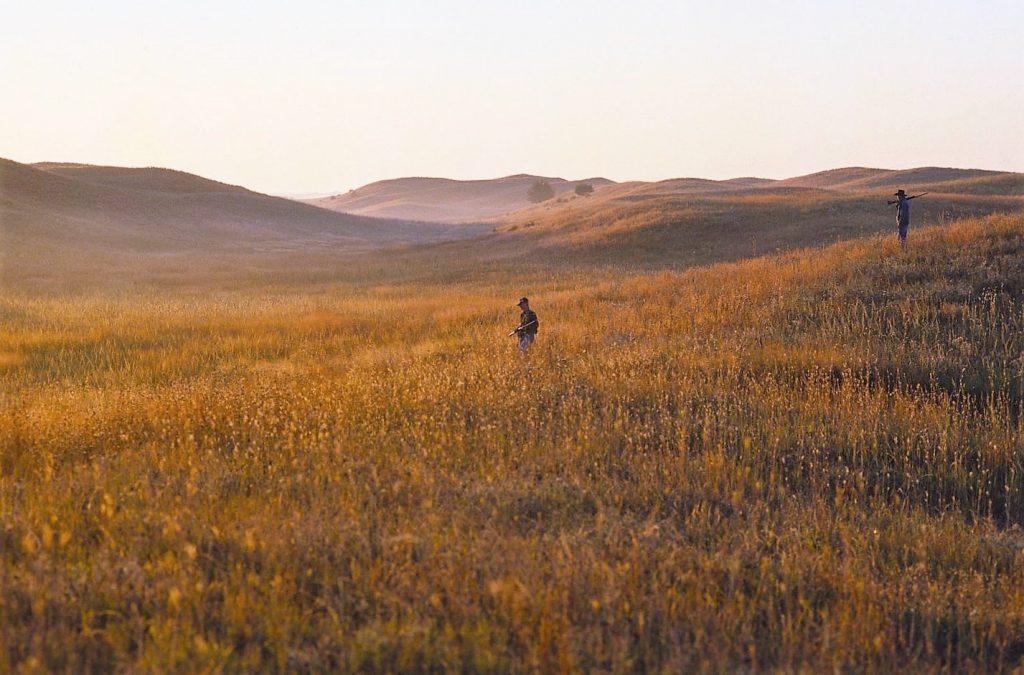
The post Pre-Season Checklist For Hunters appeared first on NEBRASKALand Magazine.















